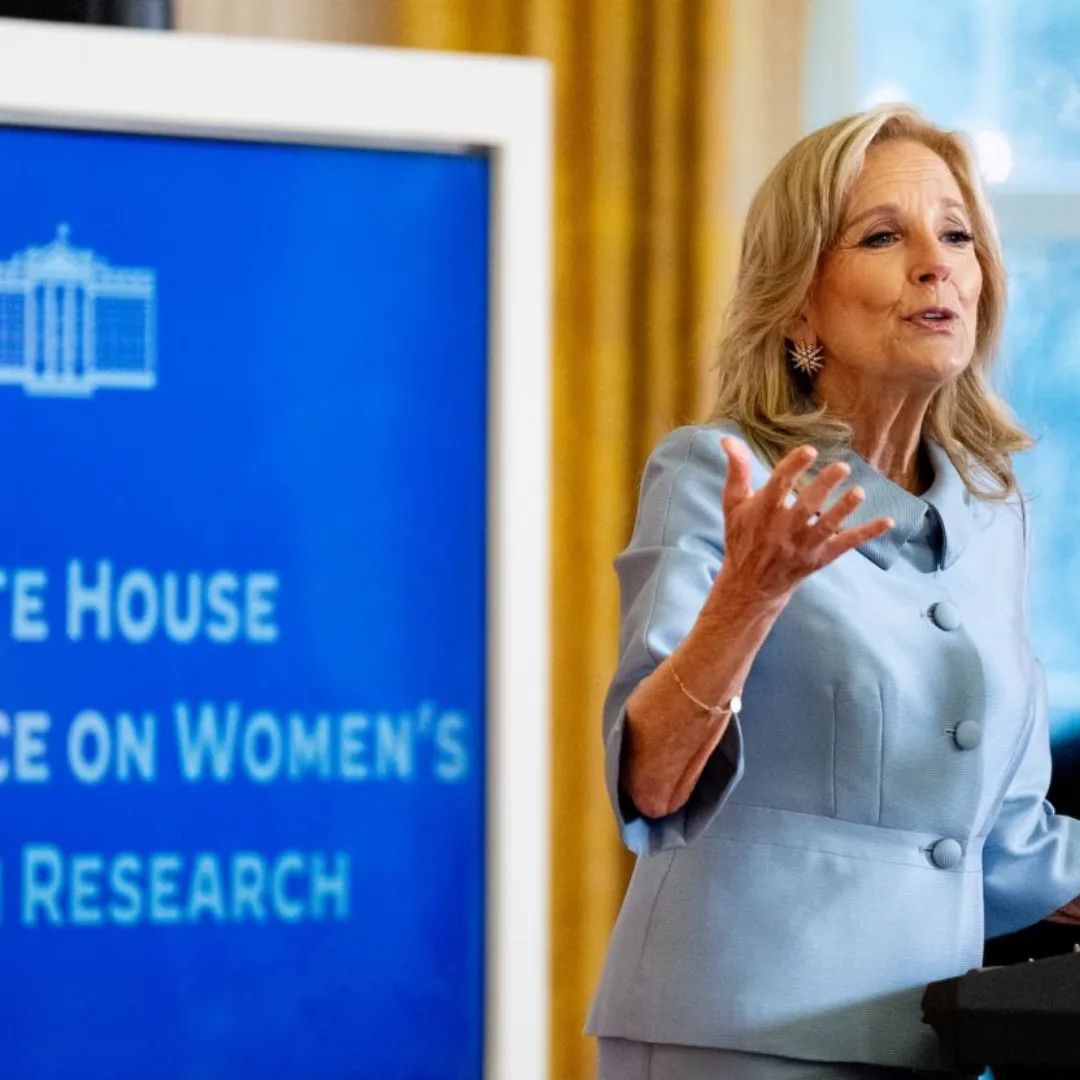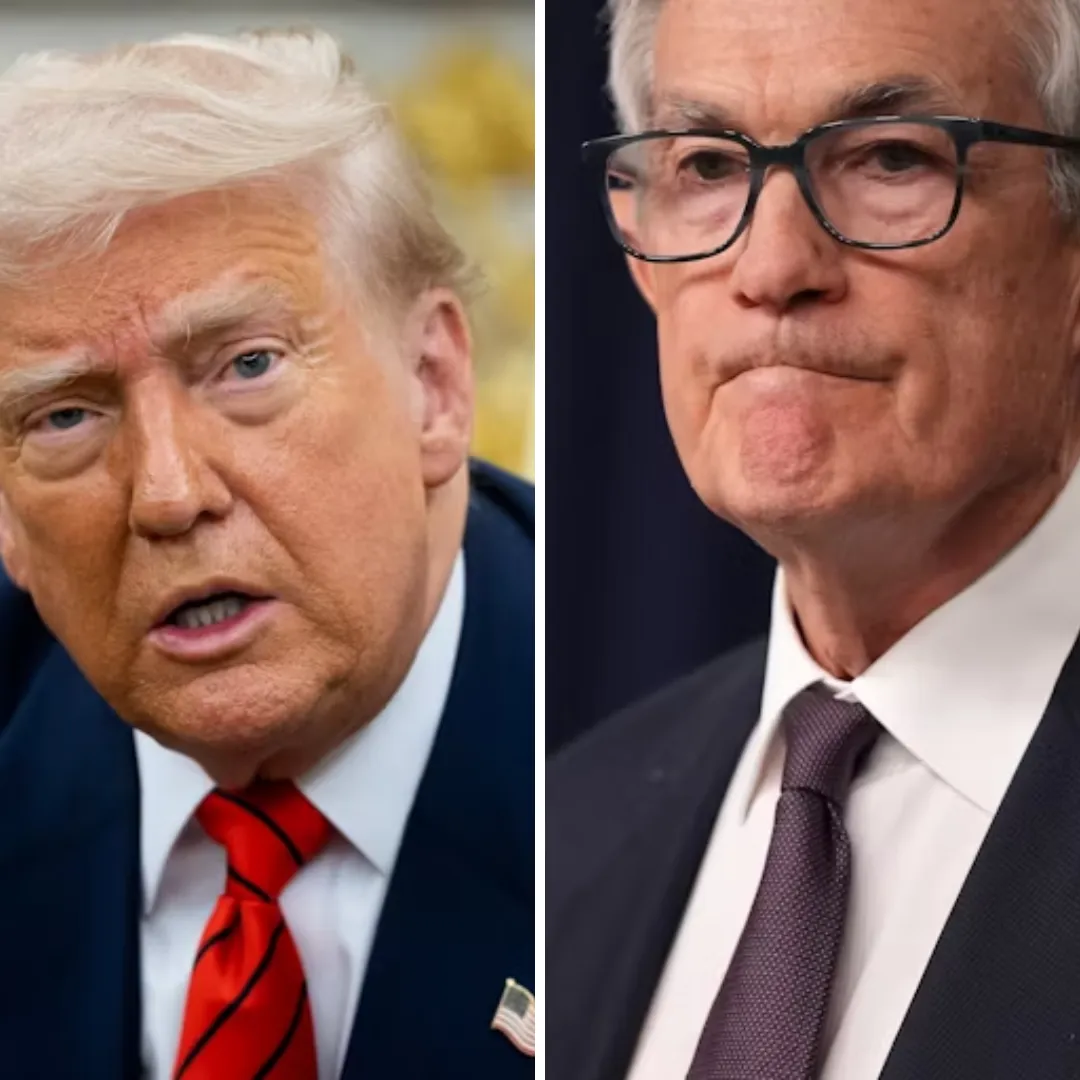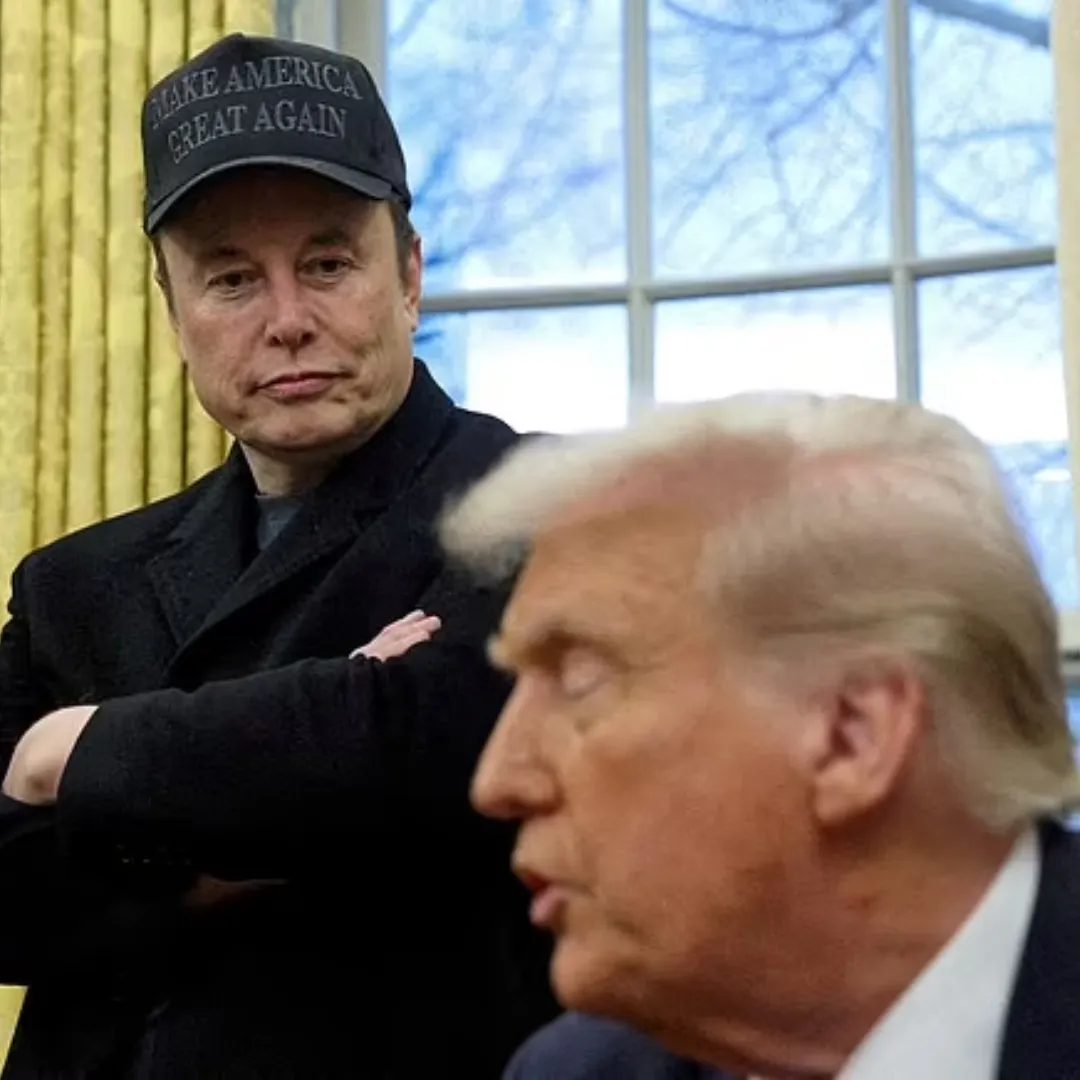Former House Speaker Kevin McCarthy sharply criticized the Democratic Party during a Friday morning interview, describing its internal discord as nothing short of a "civil war" and warning that the fractures within its ranks signal a deeper leadership crisis.
Speaking on Fox News, McCarthy did not hold back in his assessment of the current state of the opposition party, suggesting that the absence of clear leadership has left Democrats adrift at a critical time. "The party we are watching today, Democrat, is a civil war.
It’s the reason why there are no leaders of the party," McCarthy said. "If there was a leader, this wouldn’t be going on," he added, pointing to the mounting signs of disarray.
Since President Trump returned to the White House, the Democratic Party has struggled to articulate a cohesive message and rally around a new generation of leadership. The internal tensions, long simmering beneath the surface, have increasingly spilled into public view as prominent figures jockey for influence and control.
The lack of consensus has opened the door for insurgent forces within the party to challenge the establishment, further complicating efforts to present a united front against a resurgent Republican Party.
One of the flashpoints in this unfolding drama has been the actions of Democratic National Committee Vice Chair David Hogg, who recently launched a twenty million dollar initiative aimed at challenging entrenched House Democrats through his organization Leaders We Deserve.
The move has alarmed party officials, who fear that primary battles in otherwise safe districts could drain resources and deepen divisions at a time when unity is most needed. Newly elected DNC Chair Ken Martin publicly criticized the effort, urging party leaders to remain neutral in primary contests and warning that meddling could backfire.
McCarthy seized on these developments to underscore his argument that the Democratic Party is crumbling from within. He pointed to the recent decision by Florida State Senate Minority Leader Jason Pizzo to leave the party and register as an independent as a particularly stark example of the growing dissatisfaction among Democratic officials.
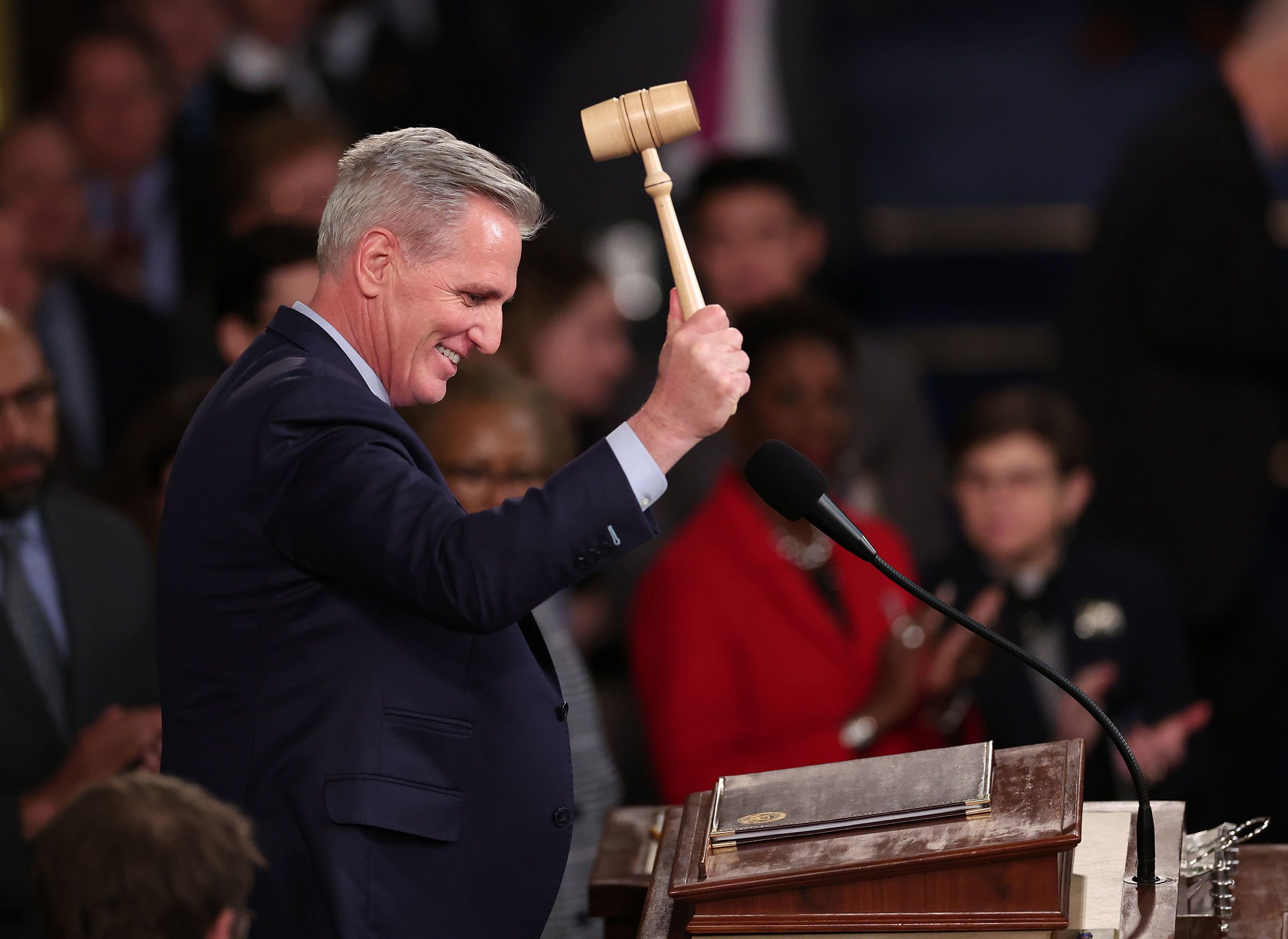
"He quit the party, became an independent and said the Democratic Party is 'dead.' This is a real concern," McCarthy said, emphasizing that such defections are symptomatic of a deeper malaise that threatens to cripple the party’s future prospects.
McCarthy also took aim at Senate Minority Leader Chuck Schumer and House Minority Leader Hakeem Jeffries, suggesting that their inability to command loyalty and set a clear course for the party is evidence of their weakness.
"But also, if you are a Schumer or a Hakeem, you are not a strong enough leader, they want somebody else," McCarthy asserted. His comments reflect a broader Republican narrative that portrays the Democratic leadership as ineffective, out of touch, and unable to manage the competing demands of their increasingly fractious coalition.
The former House Speaker went further by describing Democrats as locked in an "internal fight" for the soul of the party. He argued that without a unifying figure capable of capturing the imagination of the party faithful, Democrats will continue to drift further into chaos.
McCarthy acknowledged the popularity of figures like Senator Bernie Sanders and Representative Alexandria Ocasio Cortez but dismissed them as too extreme to represent the broader party.
"They are so far left they’re outside of the party," he said, signaling that the ideological gulf between the party’s establishment and its progressive wing remains a major obstacle to unity.
McCarthy’s blunt assessment taps into real anxieties within Democratic circles. Many party insiders concede that the search for new leadership has been hampered by generational divides, ideological battles, and a lack of clear vision for the future.
While older figures like Schumer and President Biden remain powerful, younger progressives demand a more aggressive agenda on issues ranging from climate change to economic inequality. The resulting tug of war has left the party vulnerable to both internal sabotage and external attacks.
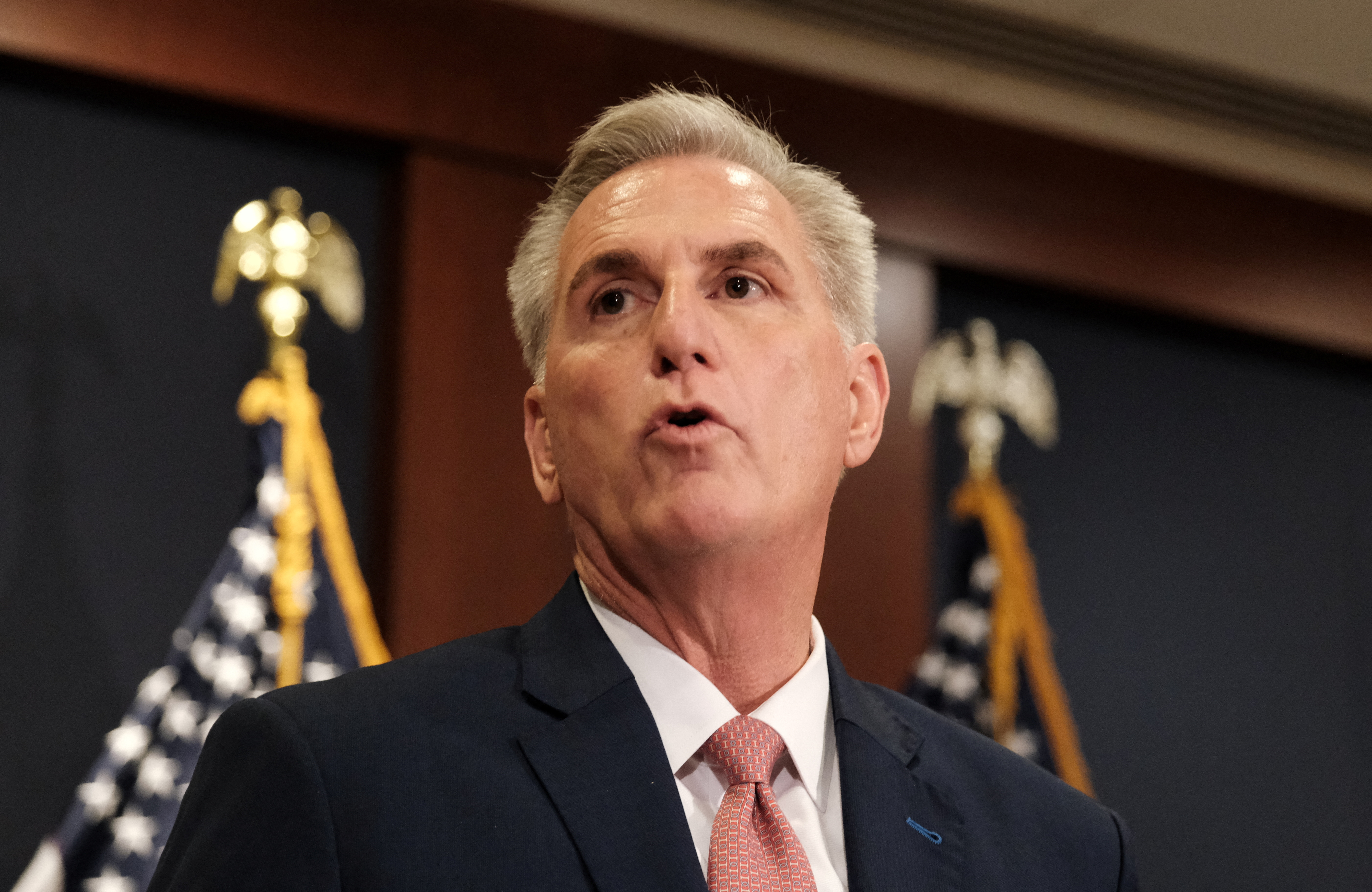
Recent polls suggest that voter confidence in the Democratic Party has slipped to historic lows, with many Americans expressing frustration over the party’s perceived inability to stand up effectively to Trump’s agenda. Donor enthusiasm has also waned, with major contributors expressing concern about the party’s direction and its chances in upcoming elections.
The mood within Democratic ranks is increasingly one of unease, as leaders struggle to reconcile the competing demands of various factions while preparing for what promises to be a bruising electoral cycle.
The influence of figures like David Hogg illustrates the potency of grassroots dissatisfaction. By channeling activist energy into primary challenges against incumbent Democrats, Hogg and his allies are seeking to remake the party from the inside out.
Yet such efforts risk alienating moderate voters and creating damaging rifts at a time when every seat in Congress could prove decisive. Party elders worry that a prolonged civil war could hand Republicans an even stronger hand in national politics.
Meanwhile, defections like Jason Pizzo’s serve as a reminder that not all dissatisfaction comes from the left. Centrists and moderates within the party also feel increasingly marginalized, as progressive rhetoric and policy proposals dominate the public conversation.
For every progressive energized by calls for sweeping reform, there are moderates who fear that the party is moving too far, too fast, and losing touch with the broader electorate.
McCarthy’s comments, while partisan in nature, highlight genuine challenges facing the Democratic Party. Leadership vacuum, ideological fragmentation, and a restless activist base make for a volatile combination.
Without a clear strategy to bridge these divides, Democrats risk facing an existential crisis that could define their fortunes for years to come.
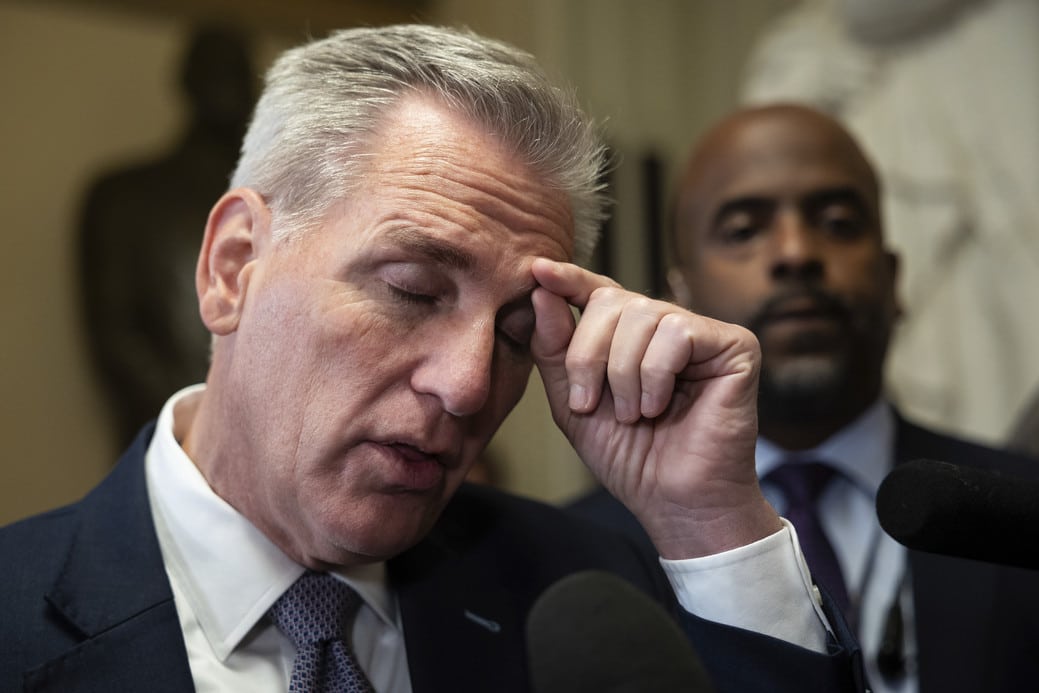
The stakes are high. With control of Congress and the White House up for grabs in the coming elections, the ability of Democrats to present a unified, compelling vision to voters will be crucial. Yet achieving unity will not be easy.
Reconciling the ambitions of rising stars like Alexandria Ocasio Cortez with the cautious pragmatism of figures like Hakeem Jeffries demands political skill and strategic patience that the party has so far struggled to demonstrate.
As McCarthy noted, leadership matters. Without someone capable of rallying the various wings of the party around a common cause, Democrats may find themselves increasingly outmaneuvered by a Republican Party that, whatever its internal tensions, has so far managed to maintain a greater sense of discipline and focus under Trump’s renewed leadership.
For now, the Democratic Party stands at a crossroads. Whether it can heal its internal wounds and project a confident, united front to the American people remains to be seen. McCarthy’s characterization of a civil war may seem harsh, but it captures the turbulence roiling the party’s ranks.
Until a new leader emerges who can harness the energy of the party’s base while appealing to the broader electorate, the Democratic Party may continue to struggle with the very identity crisis that McCarthy so pointedly described.
